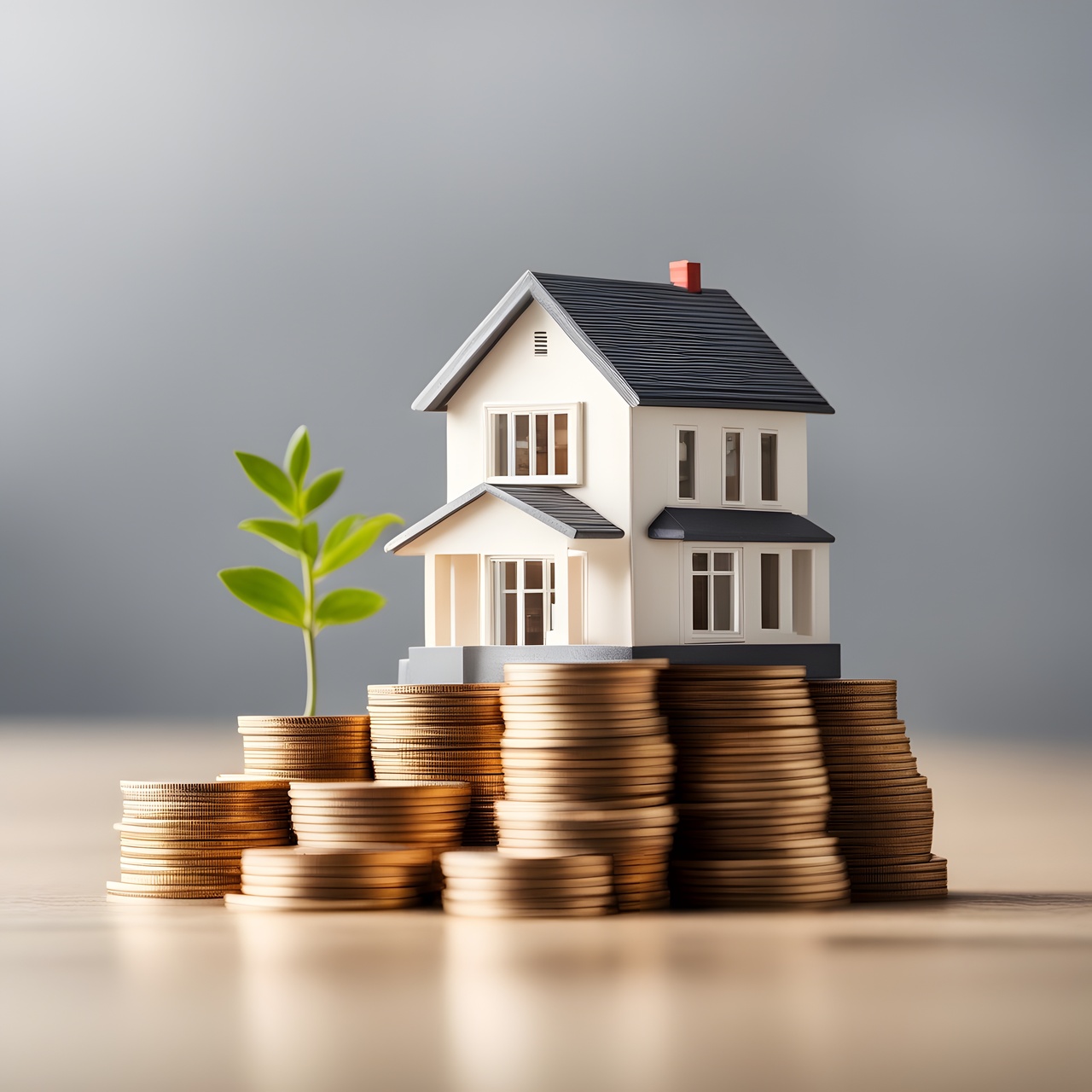Buying and Selling
Checklist: What to Check Before Buying a Home
Avoid mistakes when buying your home! Check out this complete checklist with everything you need to check before buying a property, from financing and extra costs to documentation and structure. Plan correctly and ensure a safe purchase!
Advertisement
See Practical Tips and Be Prepared to Buy Your New Property
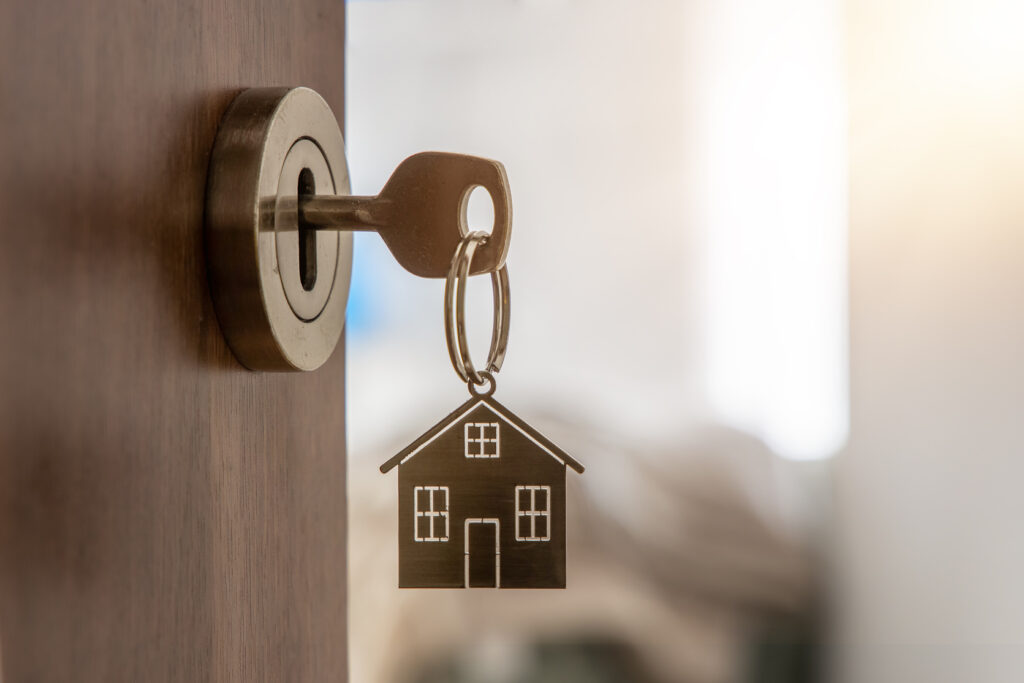
Buying a home is one of the biggest investments anyone can make, but it can also turn into a nightmare if some details go unnoticed. Know what to check before buying a house It is essential to avoid regrets, unexpected expenses and even inconvenience.
However, many people end up focusing only on the aesthetics of the property and forget to evaluate fundamental aspects, such as documentation, structure and location.
This lack of attention can turn the dream of owning your own home into a major headache. That’s why we’ve prepared a complete checklist with the main points you need to analyze before closing the deal.
This way, you will have more security and clarity in your decision, ensuring that your investment is truly advantageous. Now, follow our detailed guide and discover the essential steps to choosing the ideal home without unpleasant surprises!
1. Define Your Needs and Budget
Before you start looking for the ideal property, it is imperative to understand your real needs and align them with your budget. This will ensure that you do not commit more financially than you can afford.
- Identify Your Priorities: Make a list of the essential features that the house must have, such as number of bedrooms, size of the kitchen, presence of a garage, among others. This will help you filter the options available on the market.
- Analyze Your Finances: Evaluate your current financial situation, considering income, fixed expenses and possible savings. Use financial planning tools to determine how much you can allocate each month to financing the property.
- Consider Additional Costs: In addition to the value of the house, remember to include in your budget expenses for taxes, notary fees, possible renovations and the move itself. These extra costs can significantly impact your financial planning.
- Seek Professional Guidance: Consulting a financial advisor or mortgage specialist can provide valuable insights and help you find the best financing terms available.
Clearly defining your needs and establishing a solid budget are fundamental steps towards a conscious and safe purchase, avoiding future frustrations and ensuring that you find a property that meets your expectations without compromising your financial health.
2. Location Assessment
The location of a property is one of the most important factors in determining its value and the quality of life of its residents. Therefore, it is essential to evaluate several aspects related to the property's surroundings.
- Infrastructure and Services: Check the proximity of supermarkets, schools, hospitals, public transportation and other facilities that are important for your daily life. Good infrastructure around can make your routine easier and add value to the property.
- Regional Security: Research crime rates in the area. Talking to locals and looking at public records can give you a clear picture of how safe the neighborhood is.
- Accessibility and Mobility: Analyze the access routes to the property, traffic conditions and availability of public transport, which is crucial for those who depend on daily commutes for work or study.
- Valuation Perspective: Find out about future projects in the area, such as shopping malls, parks or urban improvements. These factors can influence the property's long-term value.
A thorough assessment of the location ensures that you make a choice that is aligned with your needs and expectations, guaranteeing well-being and potential appreciation of your investment.
3. Structure and condition of the property
Before finalizing the purchase, it is vital to thoroughly inspect the structure and condition of the property. This prevents unexpected expenses with renovations and ensures the safety of future residents.
- Foundation and Structure: Look for cracks in the walls, uneven floors or signs of water infiltration. These could be signs of serious structural problems.
- Electrical and Hydraulic Installations: Test all outlets, switches and water points. Make sure there are no leaks, inadequate pressure or exposed wiring.
- Covering and Roofing: Check the condition of the roof, looking for broken or displaced tiles, and make sure there are no signs of mold or moisture in the underlayment.
- Finishes and Coatings: Analyze the condition of the floors, tiles, paint and other finishes. Excessive wear and tear may indicate a lack of maintenance and the need for repairs.
Carrying out a complete inspection, preferably with the help of a specialized professional, ensures that you are aware of all the conditions of the property, avoiding unpleasant surprises after the purchase.
Take the opportunity to access ImovelWeb using the link below and start looking for your dream property.
4. Documentation and Bureaucracy
The bureaucratic part of buying a property is complex, but essential to ensure a safe transaction without future legal setbacks. Therefore, paying close attention to the documentation is essential.
- Property Registration Verification: Request an updated registration certificate from the property registry office. This document confirms the seller's ownership and whether there are any outstanding debts or encumbrances on the property, such as liens or mortgages.
- Negative Certificates: Request certificates of no outstanding municipal, state and federal debts for the property. Also, check that the seller has no outstanding legal issues that could jeopardize the transaction.
- Proof of Regularity: Make sure that the construction is regularized with the city hall and that the property has the Habite-se, a document that certifies that the work was completed in accordance with the established standards.
- Purchase and Sale Agreement: Read all clauses of the contract carefully and, if possible, seek the assistance of a lawyer specializing in real estate law to avoid contractual traps that could lead to losses.
In short, a detailed analysis of the documentation protects the buyer from future problems. Although it may seem like a tiring bureaucratic step, ensuring that everything is in order is essential to avoid headaches in the future.
5. Financing Simulation and Extra Costs
Buying a property involves more than just the advertised price. In addition to financing, there are several additional expenses that can impact your budget. Therefore, financial planning is essential to avoid unpleasant surprises.
Best Financing Options
Want the ideal financing for you? Compare the best options and make the right choice for your budget!
5.1 Choosing the Best Payment Method
There are three main payment methods, each with its own advantages:
- Bank Financing: Most common option, but with high interest rates, which can significantly increase the total cost.
- Real Estate Consortium: Interest-free, but it depends on draws or bids, making it ideal for those who are not in a hurry.
- Cash Payment: Guarantees significant discounts, but requires large available capital.
Choosing the best alternative depends on your financial situation and your long-term planning.
5.2 Use of Online Simulators
Bank simulators help you understand the impact of installments on your budget, considering:
- Required down payment amount.
- Total installments throughout the contract.
- Interest rates and total effective cost (CET).
Comparing different proposals allows you to find the best financing conditions, avoiding unnecessary costs.
5.3 Additional Costs when Purchasing a Property
In addition to the value of the property and financing, there are mandatory expenses that must be considered:
- ITBI (Real Estate Transfer Tax) – It varies depending on the city and can reach 3% of the property value.
- Property Registration and Deed – Notary fees to formalize the purchase.
- Bank Fees – Property appraisal, insurance and financing administrative fees.
- Reforms and Improvements – Necessary adjustments after moving, such as painting or installing furniture.
5.4 Importance of a Reserve Fund
Maintaining a financial reserve to cover unexpected expenses is essential. Emergency costs, interest rate changes or property adjustments can arise, and being prepared can help you avoid financial hardship.
6. Negotiation and Closing of the Deal
Once you’ve found the ideal property, the crucial step is negotiation. Many buyers don’t realize that there’s room for adjustments in prices and payment terms, which can lead to significant savings.
- Market research: Before starting negotiations, research the prices of similar properties in the same area. This will give you solid arguments to discuss a better price with the seller.
- Identifying Negotiation Points: Issues such as the need for renovations, how long the property has been vacant and the seller's urgency can be used as factors to obtain a discount.
- Use of Persuasion Strategies: Showing interest, but without being too hasty, can make the seller more willing to negotiate. In addition, being prepared to make an intelligent counteroffer can be decisive.
- Business Formalization: After negotiation, it is essential that everything is recorded in a contract, with details about deadlines, conditions and obligations of both parties. Never rely solely on verbal agreements.
Negotiating well can lead to significant savings. So taking the time to figure out what to look for before buying a home will make your investment more worthwhile.
Conclusion
In conclusion, buying a property is an important step and should be done with planning and caution. As we have seen, knowing what to check before buying a house can make all the difference in avoiding problems and ensuring that the purchase is safe and advantageous.
By following this checklist, you will be better prepared to make an informed decision and find the ideal home without unpleasant surprises. After all, a well-planned purchase not only brings security, but also ensures a better appreciation of the investment over the years.
So, now that you know all the essential steps, put this knowledge into practice and make an informed choice.
Finally, see how to find the best opportunities and buy your home at an affordable price. Just access the article below.
Trending Topics
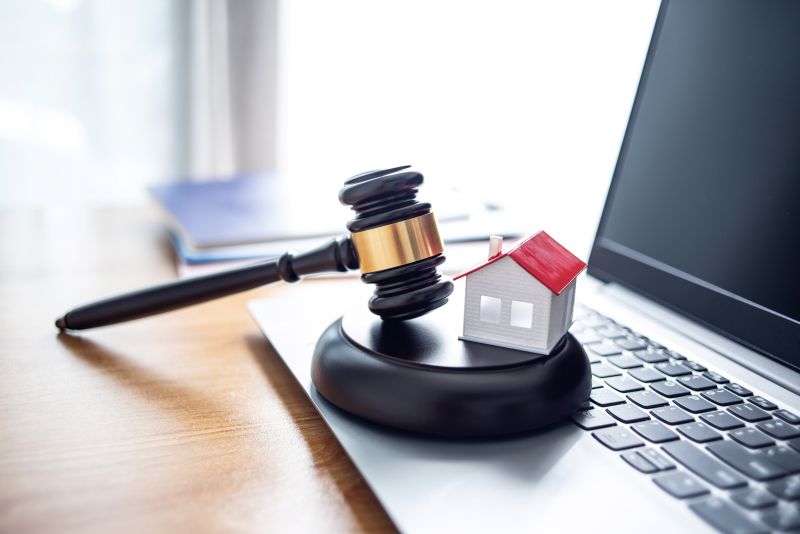
Discover the best auction sites in Brazil and transform your investment!
Want to find unmissable opportunities? Discover the best online property auction sites in Brazil and make your purchase safely!
Keep Reading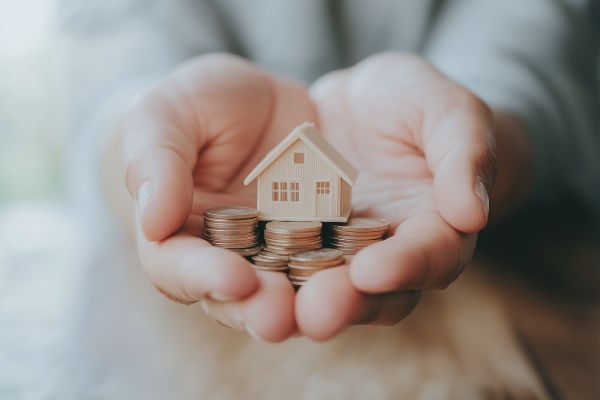
Luxury rental: secrets to saving money without losing comfort on your trip!
Discover the best strategies for finding luxury rentals and enjoy a sophisticated experience with comfort, exclusivity and refinement!
Keep Reading
Ultimate Guide: How to Buy a Luxury Mansion and Make Your Dream Come True
If you are looking for sophistication and comfort, understanding how to buy a luxury mansion will be essential! Access this article and see the details.
Keep ReadingYou may also like

Where to Rent Houses in Brazil: Best Options and Essential Tips
Want to know where to rent houses in Brazil? Discover the essential platforms and tips to ensure a safe rental. Read now!
Keep Reading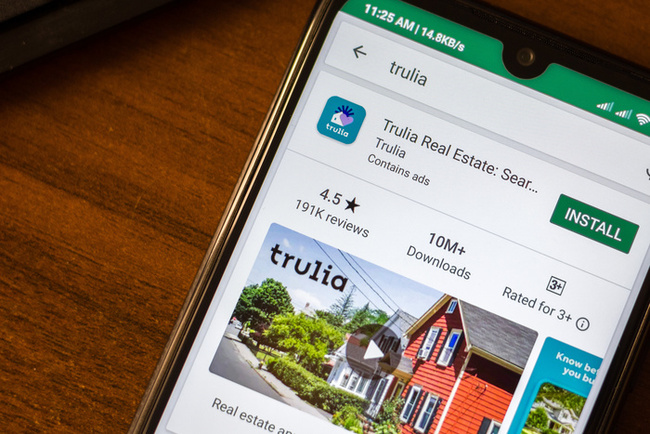
The Best Value! Find Amazing Affordable Home Rentals on Trulia
Find your ideal home on Trulia! Compare properties, explore neighborhoods, and find the best home for you using this platform!
Keep Reading
Say Goodbye to Expensive Hotels! Explore Destinations with Libbers Campers Motorhomes
Want to travel without spending money on expensive hotels and flights? Libbers Campers' motorhome rental combines all of this! Find out more here.
Keep Reading
